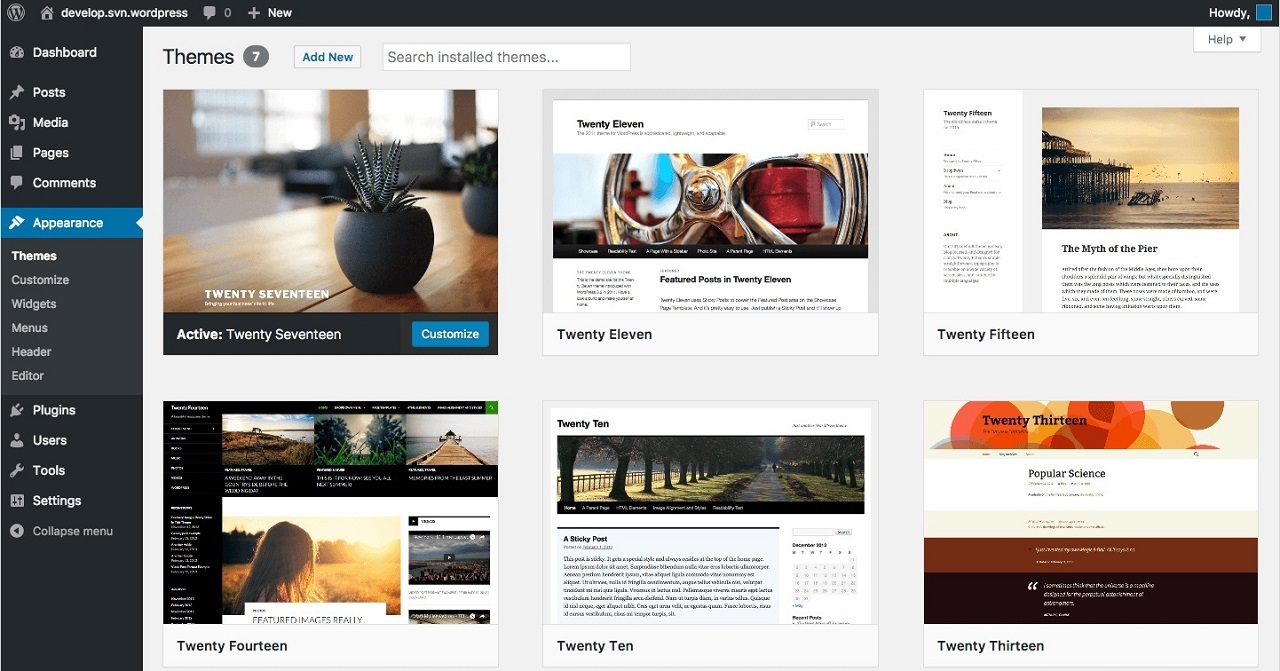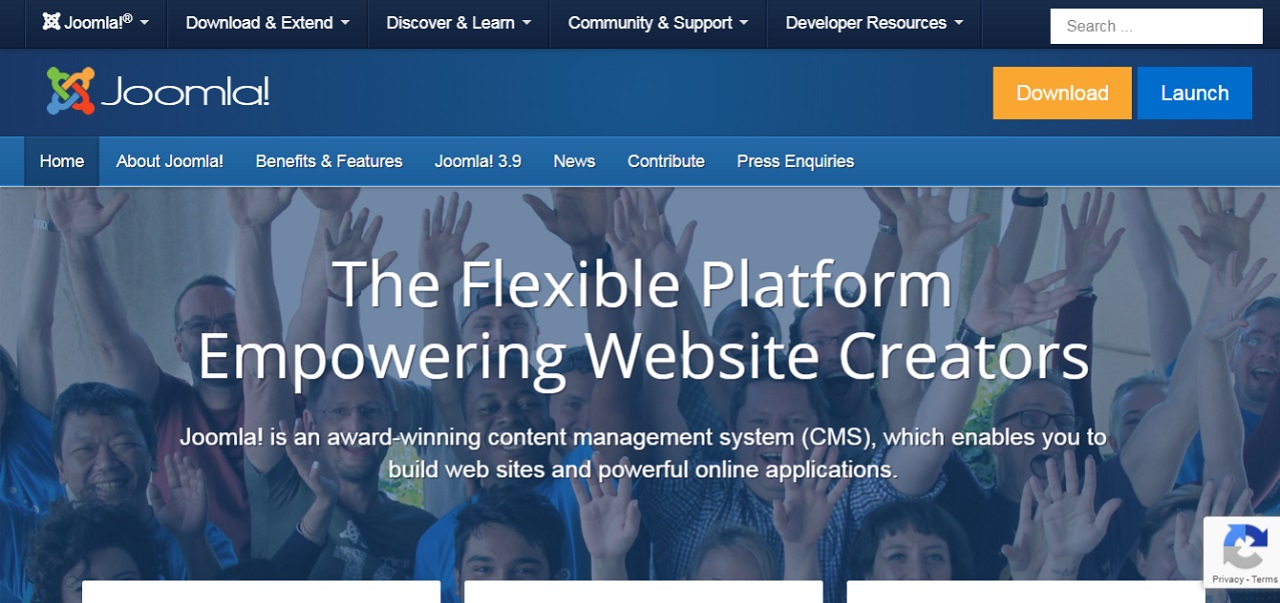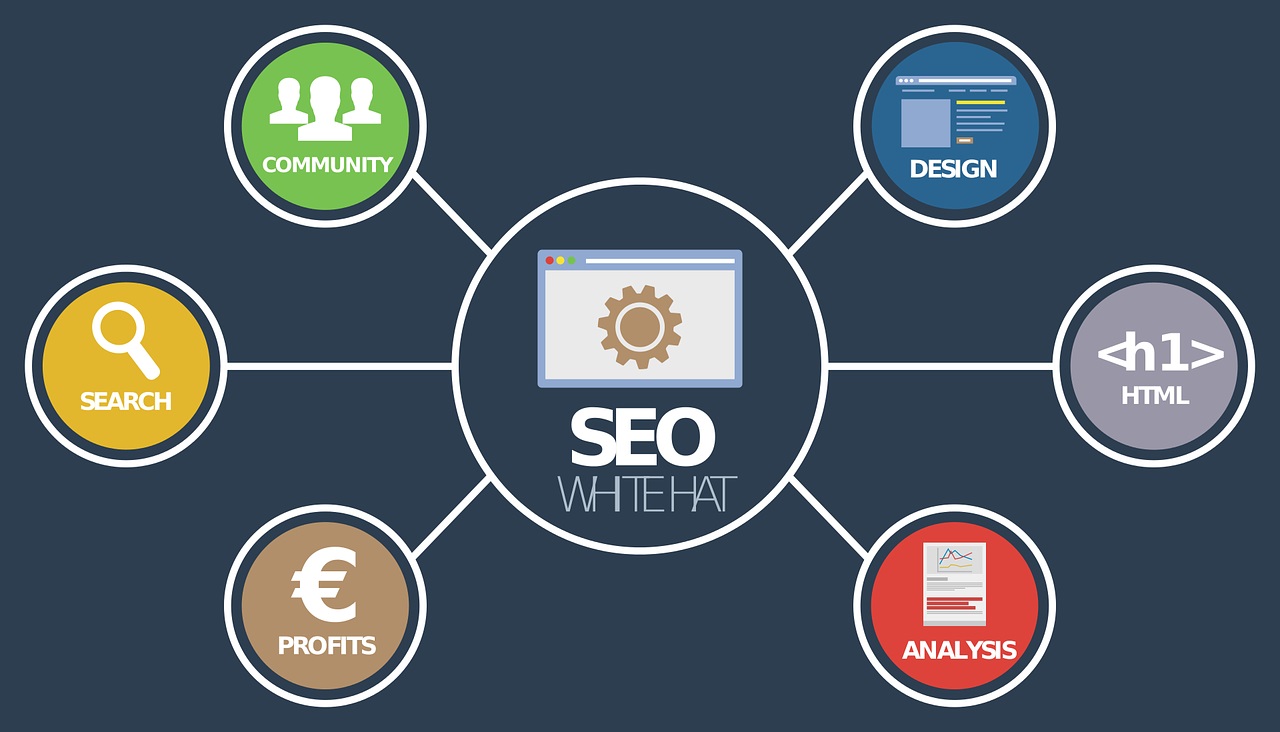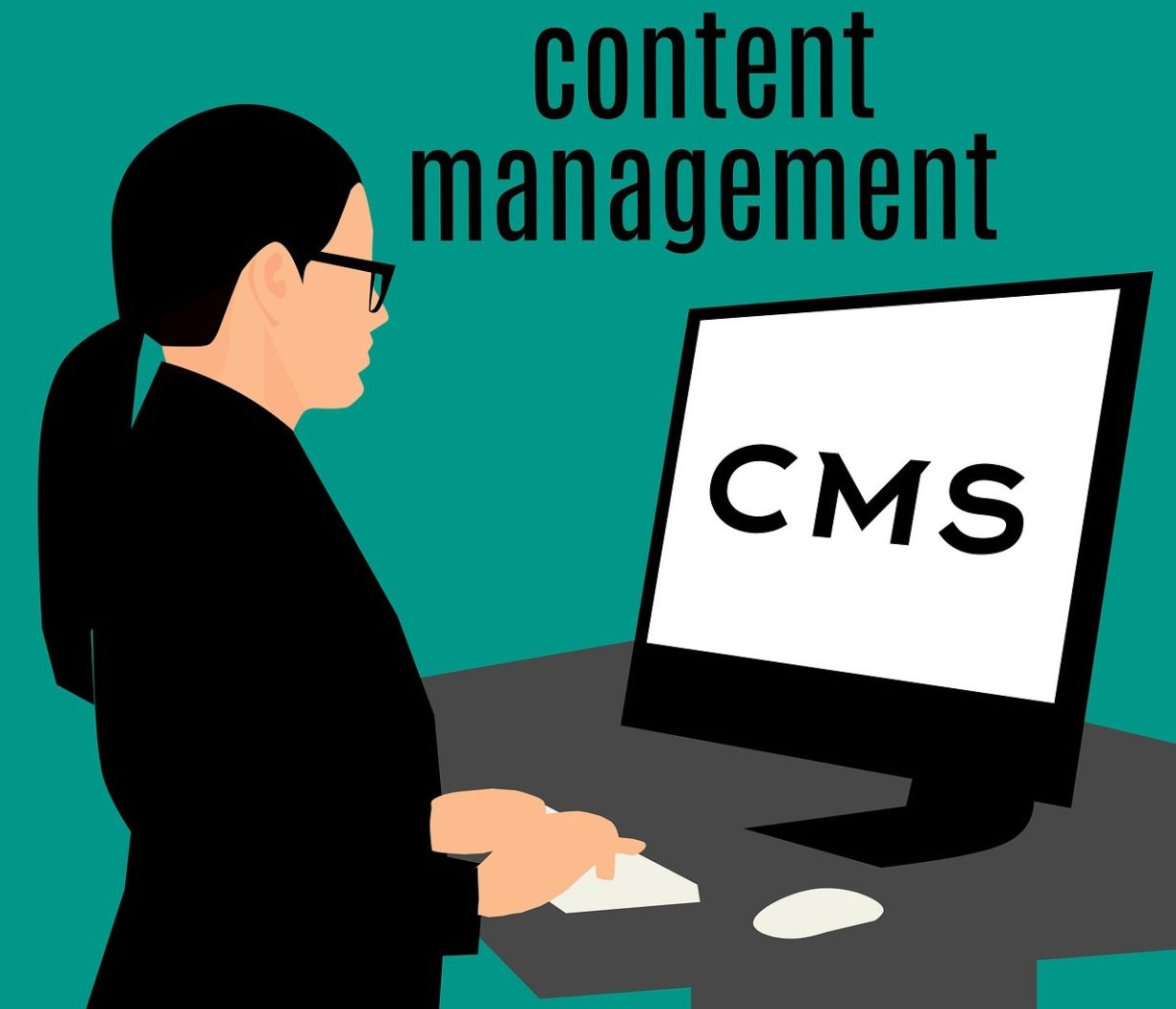Remember the old days when most websites were built using HTML files, and you would have a file for each webpage? Do you recall how tedious it would be to manually edit the content on your website by modifying individual components within each page of the site? It’s a wonder how we made it this far!
As websites became larger, more complex, and sophisticated, this approach was no longer feasible. Imagine having a website with 20 or so pages, and you need to make a small change to the footer section of the site. Maybe you want to add an updated terms-and-conditions link. Doesn’t seem like much of a problem today, does it?
But in those days, it would mean having to edit every individual page of the 20-plus pages on your site. More often than not, you would inevitably introduce errors into the code, which would only become apparent later when you notice changes in the structure and format of your website.
You would then have to try and figure out where exactly these errors are in the code. It’s nightmarish if you think about it.
Enter CMS. Today, most websites use a back-end database to hold every piece of content on the website.
This article digs deep to uncover the best CMS platforms for building your website.
Why Do You Need a CMS
A CMS – which is short for Content Management System – provides a safe, reliable, and secure way to manage this database without the risk of deleting or accidentally altering any crucial piece of code that would change the way your website looks.
If you’re currently on the fence about whether or not you should go the CMS route, the short answer is a resounding –Yes, you should! Regardless of whether you’re a novice or seasoned web developer, the benefits of using a CMS cannot be exhausted. Here are a couple of compelling reasons why you need it for web development.
1. Allows You to Make Quick Edits
For starters, CMS eliminates the nightmarish HTML-files-editing scenario mentioned earlier. It allows you to access the contents of your website and edit the page directly over the web. In most cases, it involves using a form interface, although some CMS software allows you to do it while in live preview mode.
2. Prevents You From Accidentally Messing up the Database
A CMS provides a safe and risk-free interface for you to interact with the content saved on your website without accidentally editing or modifying a section of code that would effectively change its structure. You don’t have to worry about messing up crucial elements of the database since you don’t directly interact with it.
3. Has Easy-To-Use Media Upload and Content Composition Tools

A CMS allows users to create attractive websites using easy-to-use drag-and-drop tools. Some even have complex layout editors that come with WYSIWYG (what-you-see-is-what-you-get) composition tools to let you create very elaborate websites with little prior web design knowledge. You don’t have to contact a web developer every time you want to upload a new blog post or picture.
4. Supports Automation
A CMS is capable of automating certain aspects of content delivery. For instance, you can stack up on content in the database and schedule it to be released in weekly intervals to feed them to your eCommerce site, social media account, and website blog. You can even use it to create an RSS feed from the content you make.
5. Offers Unmatched Flexibility
A CMS keeps the layout of the site and its design separate. So, if you want to switch things up by incorporating an entirely different theme, you can do it with a simple click of a button without disrupting the content. In addition to this, it has lots of useful extensions and plugins to enhance its functionality and customizability.
Best CMS for Website Development
Choosing a CMS is arguably the most important decision you’ll ever make in the lifetime of your website. So, you need to choose the right one based upon its intended application.
A good CMS gives you a standard level of control over your website. But a great CMS allows you to manage your entire website with very little, if any, outside assistance and significantly reduces the operating costs associated with running it.
A poorly constructed CMS can be a major source of never-ending frustration. Aside from wasting your time, it also ends up draining your budget and resources. Not having a CMS in place isn’t an option either. It would mean employing the services of a web developer every time you need to make changes to your website.
So which Content Management System is right for you? Here are some of the top CMS platforms you should consider.
WordPress – the Best Open Source CMS for SEO
When picking a CMS for your website, you need to first make sure that it is SEO-friendly. It needs to be capable of structuring and presenting the content in a format that search engines can discover and index for the site to rank higher in SERPs.
If you’re just starting in business or want to venture into the world of blogging, WordPress is a great choice for those with entry-level web development skills. It is well-known for its ease of use, ease of administration, simple configuration, and secure code.
But don’t let its ease-of-use fool you – WordPress is also a powerhouse for SEO and even advanced websites are built on a WordPress framework. This CMS powers millions of sites on the internet. Sony Music, The Walt Disney Company, AirBnB and many other huge brands use WordPress as their CMS of choice.

There are also several WordPress plugins you can use to add eCommerce functionality to your website. The most popular one is WooCommerce. This free and open-source plugin has a premium feel to it and allows anyone with zero coding background to set up and run a professional online shop with no trouble at all. For all of these combined reasons, WordPress is our #1 pick for all around best open source CMS for web development.
Joomla! – Another Strong CMS for SEO

Joomla! is yet another CMS built with SEO in mind. It was developed as an open-source community platform for setting up websites and intranets and is rich in social networking features. It offers more versatility than WordPress but less flexibility than Drupal and it is more complex to use for entry-level website builders.
Drupal – The Best CMS for Developers
Here’s an interesting tidbit for you. Drupal is the CMS that drives the White House website. So, if it’s good enough for the President, it’s good enough for you too!

If you plan to have an advanced website that requires complex data organization, this open-source software might just be what the doctor ordered. It does, however, have a bit of reputation for being difficult to work with, particularly for individuals who have no coding background. But for website developers who do, the payback is massive.
Shopify – The Best CMS for eCommerce
Setting up an online store is no easy feat. You have to choose a CMS that’s not only easy to configure and operate but also highly customizable and optimized for SEO. That’s precisely what Shopify brings to the table.
Unlike most of the other eCommerce platforms, this CMS functions as a Software as a Service (SaaS) platform. While Shopify is more customizable than most other SaaS CMS platforms, it still stores everything on the cloud.

Nonetheless, it is an excellent CMS that takes care of the technical aspects of setting up shop such as the payment gateways, server, updates, and so forth. It also has a vast repository of Shopify plugins and responsive templates designed to add functionality and customization to your website.
All you have to do is personalize your Shopify website and start selling. This particular CMS isn’t free, though. Like all SaaS CMS platforms, it has a monthly subscription requirement.
Shopify vs. WordPress WooCommerce
If you’re thinking of starting an online store, you’re probably torn between using Shopify or WooCommerce via WordPress. Although they are both excellent platforms in their own right, each has its pros and cons.
Here are a few key questions you need to ask when choosing a CMS for your online store:
- Cost – What will the initial budget be to set up a fully functional online store?
- Add-ons and integrations – Can it integrate with different third-party add-ons, tools, and services necessary to grow your business?
- Scalability – Can it expand as your business grows?
- Supported payment methods – Does it support multiple payment methods from different merchant processors?
- User-friendly – Can people without any coding background use it, or does it require the expertise of a web developer?
- SEO – Is it optimized for ranking on search engines?
While these are the very basic factors every potential online store owner has to consider, several other requirements also play a role in deciding which platform to go with. These include things like inventory management, shipping, dropshipping, taxes, invoices, etc.
With that in mind, here’s a quick comparison of Shopify and WooCommerce for WordPress based on cost, add-ons, and integrations, and SEO.
1. Cost
Shopify has three monthly subscription plans: Basic Shopify, Shopify, and Advanced Shopify. All three packages include a domain name, web hosting services, and an SSL certificate. While the Basic plan comes with enough features to set up a fully functioning online store, the price excludes the cost of incorporating third-party tools and add-ons. So the more your business grows, the more these costs stack up.

WooCommerce, on the other hand, is an open-source WordPress plugin that is completely free to use. But, before you can start a WooCommerce store, you will need to get a domain name, WordPress hosting, and an SSL certificate.
The Verdict: WordPress. With several hosting companies offering specialized WordPress hosting packages, it is certainly the cheaper option between the two, which makes it ideal for companies that are just starting.
2. Add-Ons and Integrations
Regardless of how robust and versatile an eCommerce platform is, you will always need third party add-ons, tools, and services to take your online store to the next level. For instance, you may need email marketing software, analytics tools, lead generation tools, outreach services, and many more.
Shopify and WooCommerce both have an impressive repository of extensions and integrate seamlessly with several third party services. Shopify has an App Store where you can purchase or get free third-party add-ons that your online store might require. It also has hundreds of Shopify apps that you can use for product reviews, SEO, countdowns, discounts, etc.
Since WooCommerce is built on top of WordPress, it gives you access to more than 55,000 free plugins and several other paid ones. They can be used to add payment gateways, SEO, analytics, performance optimization, and any other feature you can think of.
The Verdict: Shopify. WooCommerce has a lot more add-ons and integrations than Shopify. Additionally, most of these plugins can seamlessly integrate with WooCommerce compared to Shopify, which generally has a higher barrier of entry. As a result, a WordPress site is a lot easier to customize. It is also easier to hire a developer to create a plugin or integration specifically for your WordPress website than it is for a Shopify site.
On the other hand, Shopify’s CMS was created with ecommerce as its primary focus; therefore, the user experience (UX) and user interface (UI) for ecommerce and conversion behavior is unparalleled.
3. Shopify SEO vs. WordPress SEO
The ultimate goal of any website is to rank among the top results on page one of Google. You, therefore, need to ensure that whichever platform you use is highly optimized for positioning, which in turn makes it easier to work on your online store.

Shopify has been known to exhibit some SEO issues like duplicate content, where similar information appears on two different URLs. This can be a problem for search engines since they may have a difficult time determining which of the two pages the official version is.
The Verdict: WordPress. Issues of duplicate content don’t arise as much with WordPress as they do with Shopify. Moreover, WordPress WooCommerce is more optimized for search engine ranking than any other eCommerce platform, so it is a definite winner in this regard.
Align Your CMS With Your Business Goals
Whether you want a CMS for a regular business website or an eCommerce site, one thing is for sure. It will save you time and money. Pick a CMS that provides the flexibility, customizability, and functionality you need to scale your business when the time comes.
If you’re not sure which CMS is right for you, talk to an expert today to help you pick the one that closely aligns with the vision you have for your website.

